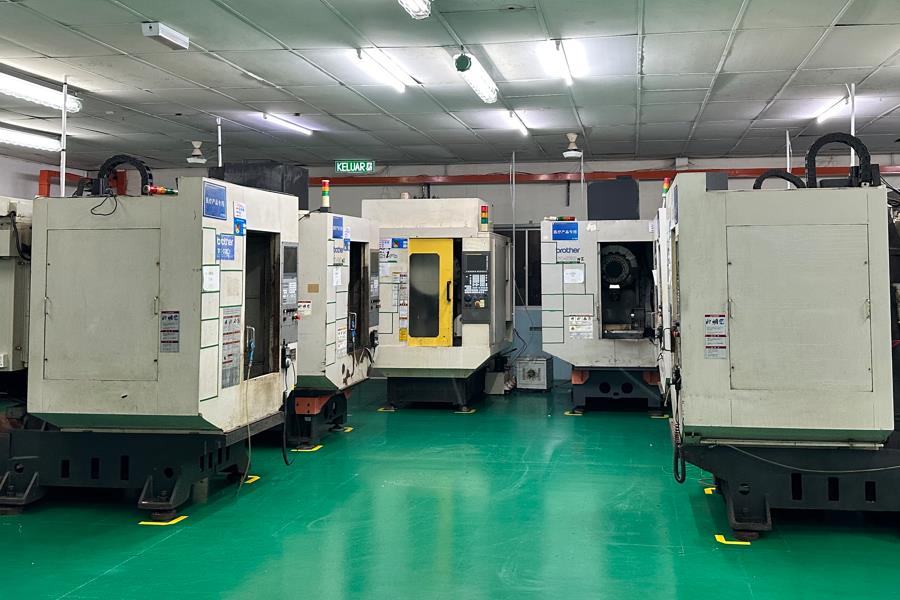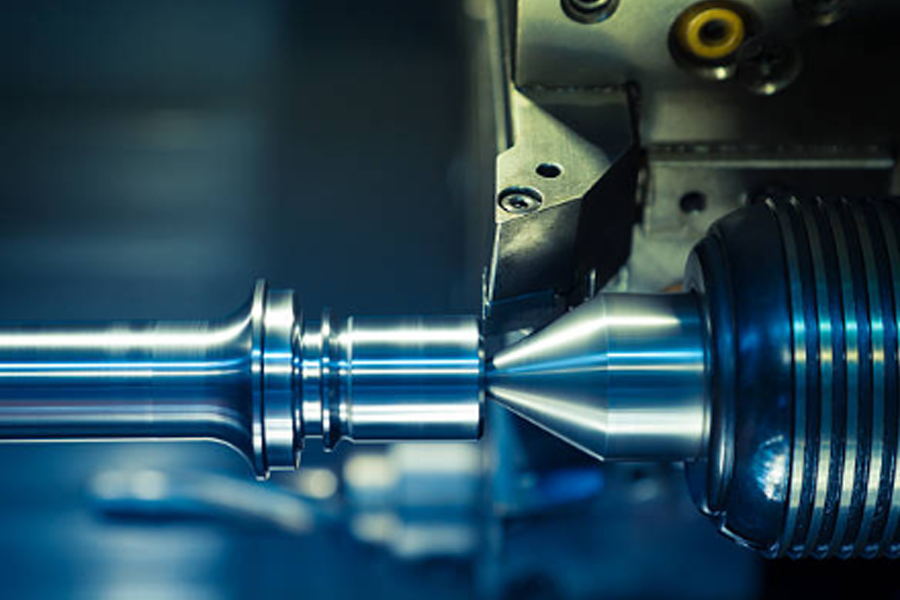CNC (Computer Numerical Control) machining is a modern, high-tech process that has revolutionized the woodworking industry. By using computer-controlled tools to cut, carve, shape, and machine wood with extraordinary precision, CNC technology allows manufacturers to produce highly detailed and complex wood products. In this article, we will explore what CNC machining is, how it works, and why it is the ideal solution for various woodworking projects.
What is CNC Machining in Woodworking?
CNC machining in woodworking refers to the use of computer-controlled machines that automate the process of cutting, drilling, routing, and shaping wood. These machines are guided by a computer that translates a digital design into physical operations. This allows for the creation of intricate and accurate wood parts in a fraction of the time compared to traditional handcrafting methods.

How Does CNC Machining Work in Woodworking?
CNC machining works by translating a digital design or blueprint into commands that control the movement of the machine. The process begins with a detailed 2D or 3D CAD design, which is then converted into machine code (G-code). The CNC machine follows these instructions to perform specific tasks, such as cutting or carving, ensuring accuracy and consistency throughout production.
In woodworking, CNC machines use tools such as routers, mills, or lathes to shape the material, typically a solid block of wood, into the desired finished product. The automation reduces the chances of human error and produces high-quality results with minimal waste.
What Are the Key Benefits of CNC Wood Machining?
-
Precision and Accuracy: CNC machines are designed to operate with an incredible level of precision, ensuring that every cut and carve is exact. This is particularly crucial for creating intricate designs or components that require a high degree of accuracy, such as furniture pieces, cabinetry, and architectural details.
-
Speed and Efficiency: CNC machines can operate continuously without the need for rest, allowing for fast turnaround times. This efficiency translates to reduced production times and costs, especially when dealing with large volumes of material.
-
Complexity Made Easy: CNC technology can create complex shapes, patterns, and designs that would be difficult, if not impossible, to achieve with traditional woodworking tools. From intricate engravings to curved components, CNC machining can handle it all.
-
Consistency: CNC machines repeat the same task with perfect consistency. Whether you’re producing a single piece or large batches of identical items, CNC machining ensures that each part meets the exact specifications every time.
-
Cost-Effective in the Long Run: While the initial investment in CNC technology may be high, the reduced labor costs, minimized material waste, and the ability to handle complex designs make CNC machining a cost-effective solution in the long run.
What Types of CNC Machines Are Used in Woodworking?
-
CNC Routers: CNC routers are versatile machines used for cutting and shaping wood. They are ideal for creating complex profiles and can cut a variety of materials, including softwoods, hardwoods, and composite materials.
-
CNC Mills: CNC mills are used for more precise work, such as drilling holes or milling intricate patterns. They are often employed when high-precision components are required.
-
CNC Lathes: CNC lathes are used for turning wood to create cylindrical shapes. They are ideal for tasks like making spindles, columns, or rounded components.
-
Laser Cutters: Laser cutting is also gaining popularity in the woodworking industry for detailed and high-quality cutting. Laser CNC machines can provide precise cuts with minimal material loss.
What Materials Can Be Machined with CNC Technology?
Although CNC technology is often associated with metalworking, it is equally beneficial for woodworking. Here are some materials that CNC machines can process:
-
Softwood: Commonly used for furniture making, cabinetry, and construction.
-
Hardwood: Used for high-end furniture, flooring, and intricate carvings.
-
Plywood and MDF (Medium Density Fiberboard): Ideal for flat-panel items like cabinet doors and shelves.
-
Composite Wood: Materials like particleboard, plywood, and laminated wood can also be machined for various applications.

How Does CNC Wood Machining Benefit Furniture Manufacturers?
Furniture manufacturers greatly benefit from CNC machining as it allows them to create both functional and artistic designs with high precision. With the ability to create intricate details in wood, manufacturers can design custom furniture, optimize production efficiency, and meet customer demands for personalized or one-of-a-kind pieces.
Moreover, CNC machining in furniture manufacturing also helps reduce material waste by ensuring that cuts are optimized and accurate, leading to a more sustainable production process.
What Are the Key Considerations When Choosing a CNC Wood Machining Service?
When selecting a CNC machining service for your wood projects, there are several factors to consider:
-
Machine Capabilities: Ensure the service provider has CNC machines that can handle the specific requirements of your project, whether it’s cutting, milling, engraving, or turning.
-
Material Expertise: Different types of wood and composites require different types of machinery and tools. Choose a CNC provider with experience working with the materials you intend to use.
-
Customization and Design Expertise: CNC services can help bring your designs to life, so working with a provider who offers expert design support is essential for achieving your desired results.
-
Lead Time and Cost: Understand the service provider’s production time and pricing structure. While CNC machining can be cost-effective in the long run, it’s essential to balance cost and time efficiency for your project.
How Can CNC Wood Machining Be Used in Custom Projects?
CNC technology is particularly useful for custom woodworking projects, such as custom furniture, bespoke cabinetry, and one-off decorative pieces. By creating intricate and customized patterns or shapes that would be time-consuming or impossible with hand tools, CNC allows for creative freedom in design. Customers can achieve unique, high-quality wood products tailored to their exact specifications.
Why is CNC Machining Ideal for Mass Production of Wooden Products?
CNC machining is not only suitable for small custom jobs but is also highly effective for mass production. Once a design is programmed into the machine, it can be reproduced repeatedly with high precision, making CNC machining ideal for large-scale manufacturing. This is especially beneficial for companies looking to produce high volumes of identical products, such as furniture components, flooring, and architectural moldings.
Conclusion: Embrace CNC Wood Machining for Precision and Efficiency
In conclusion, CNC machining has proven to be a game-changer in the woodworking industry. Its ability to create high-precision, complex designs quickly and consistently makes it an invaluable tool for both small-scale custom projects and large-volume production. If you are looking to enhance your woodworking operations, embrace CNC technology for a more efficient, cost-effective, and high-quality approach to woodworking.
At Ares Precision, we specialize in providing cutting-edge CNC machining services for wood and other materials. With advanced machinery and expert craftsmanship, we deliver precision wood products that meet the highest standards. Get in touch with us today to learn how our CNC services can help bring your woodworking projects to life.







